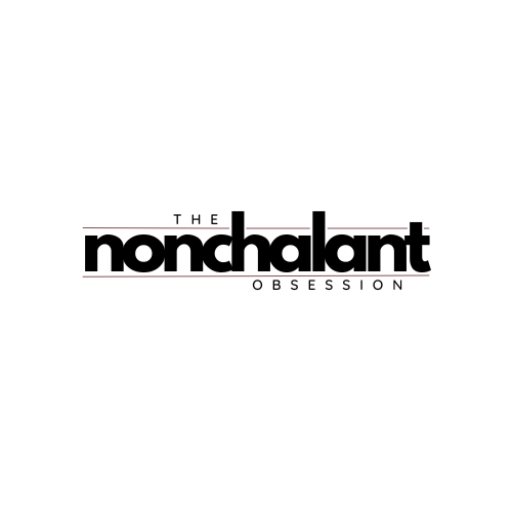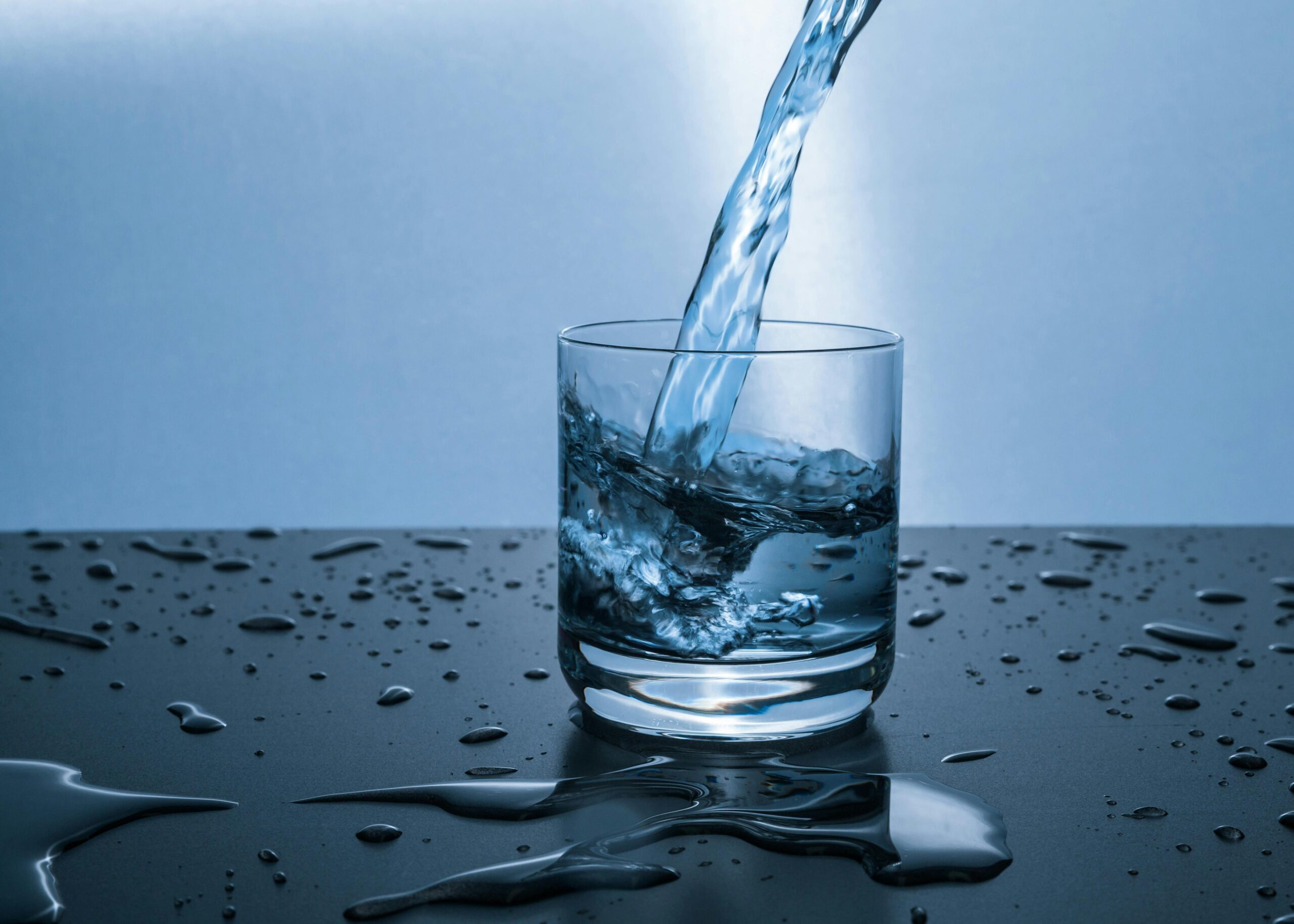Choosing a diet that aligns with your individual needs is crucial for achieving optimal health and well-being. Our bodies are unique, with varying nutritional requirements based on factors like age, lifestyle, activity levels, and medical conditions. A tailored diet not only helps meet your health goals—whether it’s weight management, boosting energy, or managing a chronic condition—but also ensures sustainability by fitting seamlessly into your preferences and daily routine.
By understanding your body’s specific needs, you can create a balanced approach to nutrition that supports both your physical and mental health, promoting long-term vitality and happiness.
1. Weight Loss and Management Diets
- Calorie-Deficit Diet: Focuses on consuming fewer calories than the body burns to promote weight loss.
- Ketogenic Diet (Keto): High in fats, very low in carbohydrates, and moderate in protein to induce ketosis for fat burning.
- Low-Carb Diet: Reduces carbohydrate intake while increasing protein and fat consumption.
- Intermittent Fasting (IF): Alternates between periods of eating and fasting (e.g., 16:8 method).
- Paleo Diet: Inspired by the Paleolithic era, emphasizing whole, unprocessed foods like meats, fish, fruits, and vegetables.
- Atkins Diet: A low-carb diet designed to reduce carbohydrate intake in phases.
- WW (formerly Weight Watchers): A point-based system that encourages balanced eating and portion control.
- Zone Diet: Balances macronutrients with 30% protein, 40% carbs, and 30% fats.
2. Plant-Based Diets
- Vegetarian Diet: Excludes meat and fish but may include dairy and eggs.
- Vegan Diet: Excludes all animal products, including dairy, eggs, and honey.
- Flexitarian Diet: Primarily plant-based but occasionally includes meat and animal products.
- Raw Vegan Diet: Combines vegan principles with raw food, avoiding cooked or processed items.
- Whole-Food Plant-Based Diet (WFPB): Focuses on minimally processed plant-based foods, avoiding oils and refined ingredients.
3. High-Protein Diets
- Carnivore Diet: Composed almost entirely of animal products like meat, fish, and eggs.
- Protein-Sparing Modified Fast (PSMF): High-protein, very low-calorie diet designed for rapid fat loss.
- Bodybuilding Diet: High-protein intake combined with specific calorie adjustments for muscle gain or fat loss.
4. Culturally Inspired Diets
- Mediterranean Diet: Emphasizes fruits, vegetables, whole grains, olive oil, and lean proteins like fish.
- Nordic Diet: Similar to the Mediterranean diet but focuses on foods native to Nordic countries, such as root vegetables, fatty fish, and rye.
- Traditional Asian Diet: Includes rice, vegetables, soy products, and fish, with minimal dairy and red meat.
- Latin American Diet: Features beans, rice, fruits, and corn-based dishes with limited processed foods.
5. Therapeutic Diets
- Gluten-Free Diet: Eliminates gluten for individuals with celiac disease or gluten sensitivity.
- Low FODMAP Diet: Reduces fermentable carbs to manage digestive issues like IBS.
- DASH Diet: Dietary Approaches to Stop Hypertension, focuses on reducing sodium to lower blood pressure.
- Anti-Inflammatory Diet: Emphasizes foods like fatty fish, leafy greens, and turmeric to reduce inflammation.
- Elimination Diet: Temporarily removes potential allergens to identify food intolerances.
- Renal Diet: Designed for individuals with kidney issues, limiting sodium, potassium, and phosphorus.
6. Lifestyle and Ethical Diets
- Pescatarian Diet: Vegetarian diet with the inclusion of fish and seafood.
- Lacto-Ovo Vegetarian Diet: Includes dairy and eggs but excludes meat and fish.
- Fruitarian Diet: Consists primarily of fruits, with limited nuts and seeds.
- Locavore Diet: Focuses on eating locally sourced foods to reduce environmental impact.
- Organic Diet: Prioritizes foods grown without synthetic pesticides, fertilizers, or GMOs.
7. Specialized Diets for Fitness and Performance
- Carb Cycling: Alternates between high-carb and low-carb days to fuel workouts and aid recovery.
- Macro Counting (IIFYM): Flexible dieting approach that focuses on tracking macronutrients (carbs, protein, fat).
- High-Fat Diet: Prioritizes healthy fats like avocados, nuts, and oils for energy and satiety.
8. Fasting and Detox Diets
- Juice Cleanse: Consumes only fruit and vegetable juices for a set period to detoxify the body.
- Detox Diets: Focuses on eliminating processed foods and toxins while emphasizing hydration and nutrient-dense foods.
- Prolonged Fasting: Involves fasting for 24 hours or longer to promote autophagy and cellular repair.
Each diet has its benefits and considerations, so it’s essential to choose one that aligns with your health goals and lifestyle. Consult a specialist in case you do consider to opt for any of these diets to know which one would suit you best.





